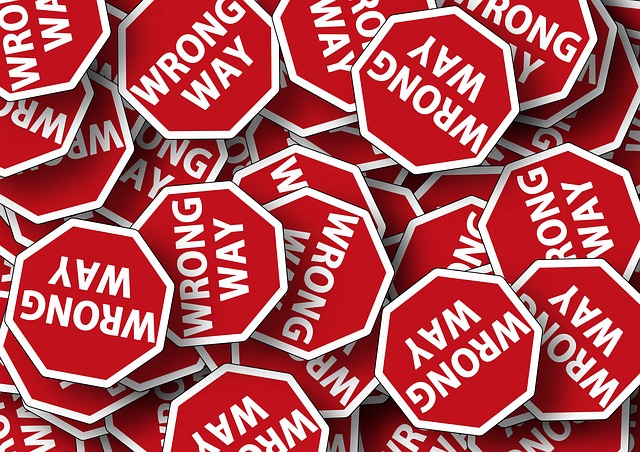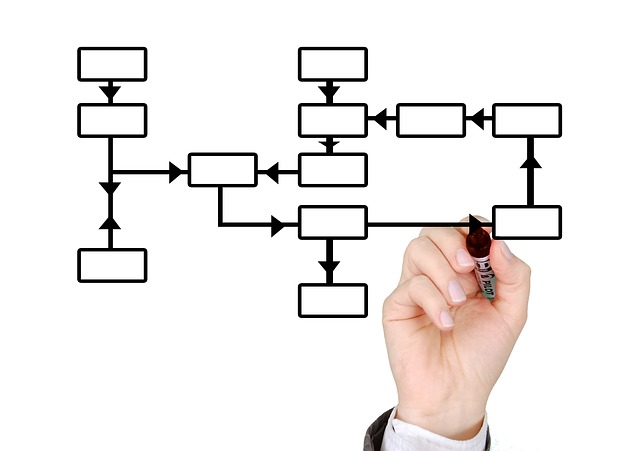
by Karla Dennis | Oct 7, 2015 | Blog
The average tax refund is around $3,000; that’s a nice chunk of change! However, it’s a dilemma every year for many folks. Should you invest it? Should you enjoy it? While there are several good ideas on how to put that money to use, let’s look at several things that it’s best to avoid: 1. Spend it all on an insignificant purchase. You worked hard for that money. Consider using it for something that’s meaningful to you or increase its value with a wise purchase. * If you invest that tax refund, it can have a significant effect on your retirement. This is a great time to put the entire amount into an IRA. That $3,000 put into an IRA every year is worth over $180,000 after 20 years at a 10% return. read...

by Karla Dennis | Oct 6, 2015 | Blog
As you celebrate the new job, it’s important to ask several personal finance questions. Your new job presents new opportunities for financial growth. Finding the answers to these questions will help you make smarter, more informed decisions: 1. Ask about the medical benefits. You probably negotiated your salary, but are you aware of the details about your medical benefits? Health plans can vary greatly, so it’s important to find out what your health benefits are and how much they will cost you. * What types of plans are offered by the company? Can you add your family to your plan? How much of your paycheck will go to pay for your medical benefits? read...

by Karla Dennis | Oct 5, 2015 | Blog
Your 40s can be a challenging financial time. However, you can take steps to avoid the common money mistakes that create challenges with your personal finances. Follow these strategies: 1. Plan with liquidity in mind. How much of your portfolio is accessible in liquid assets? Liquid assets refer to cash or investments that can be easily turned into cash. * During an emergency, you may need fast access to cash. In your 40s, emergencies can include a family member’s unexpected trip to a doctor that isn’t covered by insurance. They can also include an unexpected breakdown at home or at work. How will you pay for these items? * You want to avoid being in a financial situation that forces you to sell your belongings or get loans because you need cash. Evaluate your portfolio and ensure you have enough cash to handle a variety of emergencies. read...

by Karla Dennis | Oct 5, 2015 | Blog
The flow of money in a company is bewildering. Companies make a lot of purchases, pay a lot of expenses, owe money to several entities, acquire sales, and collect money from its clients. hese transactions must be tracked so that the company would be able to determine its financial standing. The responsibility of documenting these important transactions goes to the bookkeeper. Typically, a business follows a standard bookkeeping process. Normally, during the course of a business transaction, a document is produced. Examples of these documents are invoices or receipts, which are issued for sales and purchases. Deposit slips are produced when the company deposits money to their bank accounts. Checks are used to pay certain accounts. read...

by Karla Dennis | Oct 4, 2015 | Blog
Companies normally have a lot of financial transactions. They need to keep track the flow of their money. The activity of recording and tracking all the financial transactions performed and done by the company is bookkeeping. ookkeeping is not only for big companies and corporations. Single individuals and home businesses also do bookkeeping. Although small business bookkeeping is a lot simpler than that of large companies, it is nevertheless important. Just like in big companies, small business bookkeeping involves keeping records of what it sold, bought owed and owned. It is up to the owner to track of the money the business receives, releases and saved. In small business bookkeeping, it is important to be aware of some simple bookkeeping principles. read...






